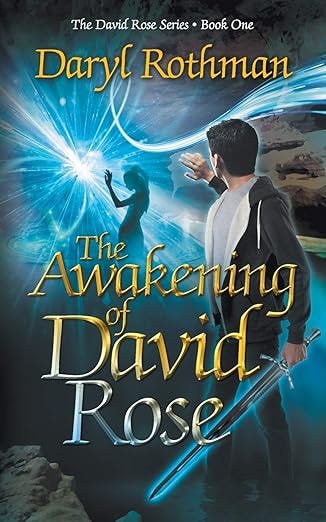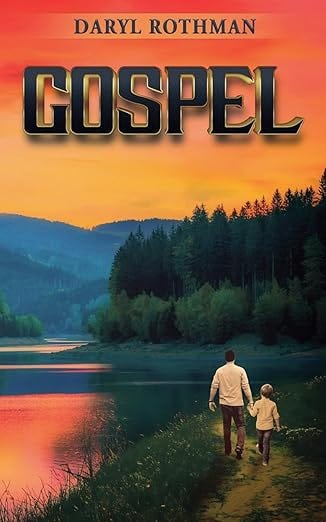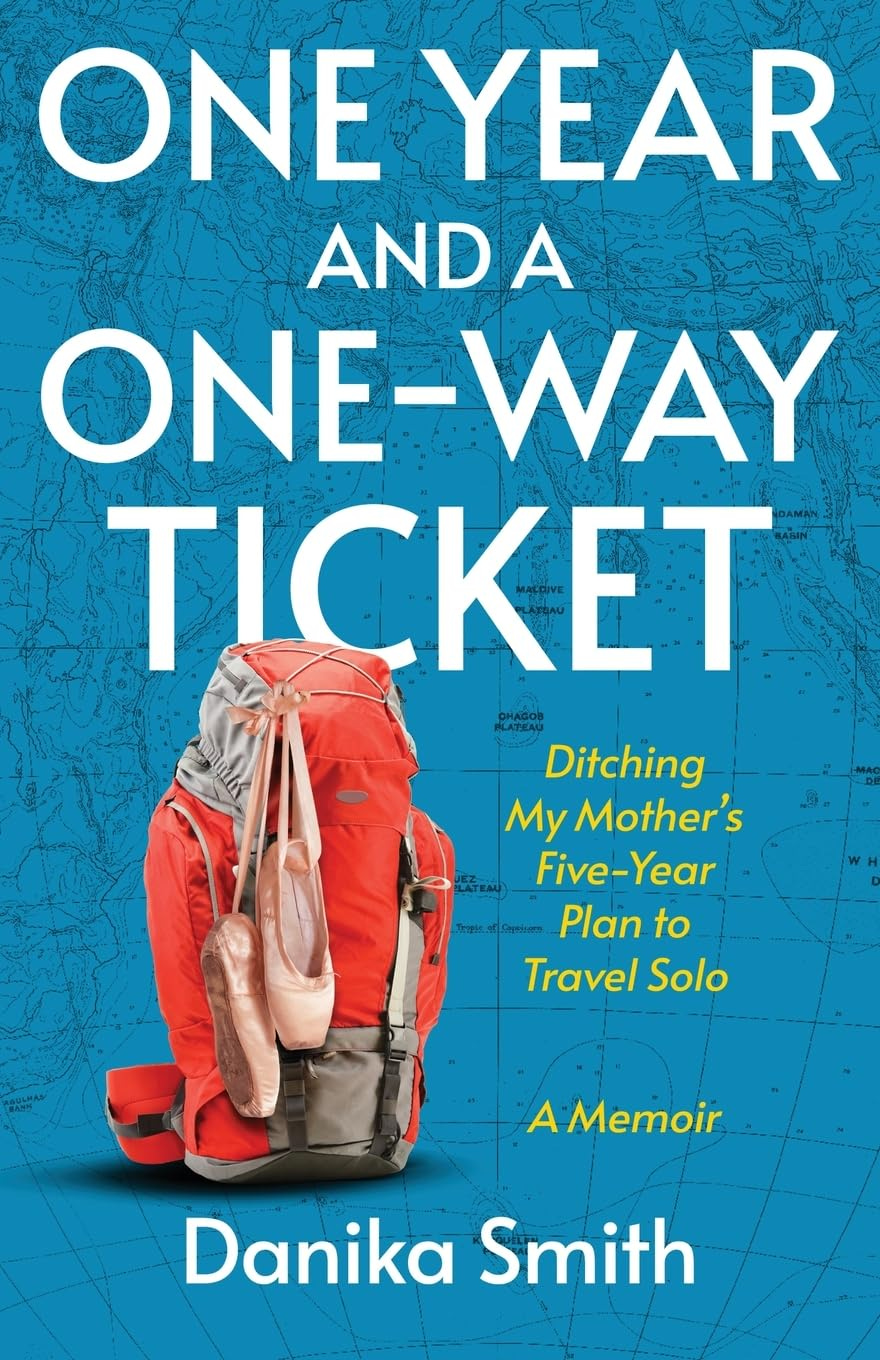The Writing Tip That Helped Me Publish - Learn How It Can Transform Your Writing Journey!
Guest post by award-winning author Daryl Rothman

ONE STEP—AND ONE PROJECT-- AT A TIME: How Advice From One of my Favorite Writers Helped Me Become a Published Author, and How It Can Help You, Too
So, You Want to Be a Writer?...
“If you want to be a writer,” said Stephen King, “you must do two things above all others: read a lot and write a lot.”
Indubitably.
People are surprised, however, when I reveal many of my favorite reads are nonfiction. I find the history compelling and for one like myself prone to floridity, the tightness and tautness of well-crafted nonfiction proves instructive.
My favorite nonfiction hand is Erik Larson, and I’ve been lucky enough to meet him a few times. I once mentioned in an email exchange that I was working on multiple manuscripts, and he politely suggested one project at a time portended better results.
“The difference between amateurs and professionals,” he noted, “is completion.”
Sage wisdom, to me, almost so simple as to be overlooked. How many times have we each sallied forth on the bucking enthusiasm of a new idea, pounded out some great pages, maybe even sustained it for a while until then, invariably, our energy waned?
Perhaps we picked it back up for a spell but then writer’s block or life, but wait—hullo!, as Holmes might say—another new idea has kindled like a phoenix within us. That old idea can wait, no matter that we spent three and a half months writing in fits and starts and managed, in fact, a good nine or ten chapters.
This new idea is the one. And then, wash, rinse, repeat. It’s not that you’re never writing, but somehow, you never seem to finish.
Completion.
I have published three novels and expect roughly two a year moving forward. I am sometimes applauded for this output but must note it is hardly a prolific pace. I’ve wanted to publish novels since childhood and didn’t manage my first until my forties.
Life has happened, you know? And continues to (for which I am rather grateful, as the alternative seems unlikely to auger greater production). All too often, I roved between and among projects in madcap bursts, which invariably became distracting and untenable, and Larson’s exhortation was a game-changer, largely attributable to the improved pace of my work.
I balance a very FT job, family, and much more, and a couple of novels a year—along with some guest posts and short stories, ain’t too shabby, all told. It has enabled me to achieve that childhood dream and continue along the road of fulfillment.
Inspiration, however, remains only if we fail to take action, and doing so requires breaking down Larson’s advice into manageable steps within the context of my goals and life realities. Everyone’s journey is different, so discovering that process and those habits that ultimately work best for you is paramount.
It will take some trial and error, and dogged perseverance. But if you, too, harbor that dream which I believe binds all scribes, it is ever so worth it.
But even manageable steps require a first one. So, what next, exactly?
Eyes On The Prize
Once more unto the breach, dear friends. It can sure feel that way, probably even to Shakespeare. Charging headlong into battle.
However, plotting out the best pathway to your goals requires a clear understanding of what those goals are. Is it enough merely to say, I want to write?
Well, maybe so. If writing for the enjoyment of it, heeding that siren call enriches your soul, then there’s nothing wrong with that, and all I might recommend is to write on—every day.
Write something. There’s no right way; only the write way.
Should your goals include completion and perhaps even publication of your work—a novel, a screenplay, a short story collection, a memoir, a cookbook—whatever the case—then set that down as your North Star and begin charting your course accordingly.
When, on the last day of seventh grade, the finest teacher I ever had, Marjorie Stelmach, told me she expected to see my name on book covers one day, I promised myself it would be so and that I would honor her in the dedication of my first novel.
Many more years later than I perhaps aspired, I was blessed to make good on that promise and was touched beyond words when she told me she read the book aloud to her mother in the final weeks of her life.
I have since enjoined the aforementioned pace, again, hardly prodigious, but nonetheless owing to Larson’s entreaty, and what discipline I’ve been able to muster along the way. It has been imperfect, to say the least.
If you are serious about writing, you must put in the work, and sometimes that can FEEL like work, especially if, like many of us, you hold down the proverbial day job, along with myriad other life commitments. It can prove onerous, even if you love the act of writing itself.
You may be addled with exhaustion, and it would be ever so much easier to put it off and plop down on the couch in front of the TV or laptop instead. And hey, sometimes we need to do this. But I gently suggest finding ways to persevere.
It’s like making yourself go to the gym. I'll get the workout in if I can drive myself there instead of home or to the drive-thru.
So, get yourself in front of the beckoning page, and get to it. And if you must succumb to the sofa, at least try something literary. Read. A good book, or short story. Something. Nothing makes me want to write something good, more than reading something good (Cormac McCarthy is my go-to).
Okay, so you have established your goal. You want to complete your first novel, let’s say. You have a burning idea, a rough outline, maybe a few pages penned, even if not necessarily in order. Hey, that’s a start, and a far cry greater than if you had none of those things. Set to work.
Many set daily word count goals, and while it works wonders for some, it can prove discouraging for others. Daunting. All too easy to fall short and then scramble the next day to make it up but then life happens the next two days and now you’re exponentially behind, and too many good folks, and good scribes, end up throwing in the towel.
It always helps me to have a deadline, especially from my publisher. I guess it’s easier to let myself down than others, so if I have that deadline, I can set a working backward schedule with reasonable benchmarks along the way.
Wait, you may say, if you’re writing, say, an 80K word YA manuscript, and you’ve given yourself six months to complete a draft, doesn’t THAT in itself impose a daily word count?

Well, sure, but I reiterate my caution nonetheless—rigid adherence to the daily count can still demoralize, and you owe yourself some reasonable latitude. Some nights, you may only be able to manage a paragraph. Some nights, nothing, though try to make these far and few between.
Want to make your writing life easier? Read this ⬇️
5 Handy Tips to Make Your Book Marketing Life Easier
Book marketing can feel overwhelming, but there are simple ways to streamline your efforts to work smarter, not harder.
But other nights may be a banger—double your typical output, and maybe every now and again, you’ll get the bulk of a weekend to saddle up at the coffee shop and really crank it out. There are ways to make it work.
That’s what I’m doing now, in fact, with this very guest post. I allotted myself a few weeks, but since it was a crazy work week, I didn’t get to work on it nightly, so here I am, spending the afternoon at a local coffee shop to hopefully finish the draft.
Not only that, I am fighting the urge to vacillate between this and my WIP manuscript, book III, in my YA series. Alas, one project at a time. COMPLETION.
Okay, I Have a Goal and a Plan. But Sticking With It Can Be So Hard.
Facts, as they say. No one ever said it would be easy(well, maybe someone did, and I’ll ask them about that when they are done selling me a bridge.) There is discipline required, and sometimes you need to fight through.
But even when you hit your stride, and the words flow like magic from your fingertips, Hemingway cautions against emptying your entire reservoir. Stop when you’ve got a little left in the tank so you’re not starting on empty on your next go.
I find myself in alignment with most of his tips, as it so happens, but one of my own might be, don’t become blindly obeisant to ANY writing “rules.” Shoot, even Hemingway doesn’t always fare too well against the strictures of his own edicts.
You must find what works for you.
In the end, I encourage you to manage SOMETHING literary each and every day. A paragraph. Notes. Journaling. (And no joke, I have, on more than one occasion, when mired in writer’s block, WRITTEN about it.) And read, pray tell, read.
Never, ever give up. I’ve lost count of how many times I’ve fallen off the wagon, but I am living proof you can keep getting back up. It’s never too late. And never too EARLY to start.
And when you get to that finish line—that first, completed draft—no matter what ultimately becomes of it, celebrate the moment. You deserve it. You have created, and that’s more than many can say. Yeah, go back and edit, probably a few times (not endlessly), if you are serious about honing your craft and perhaps seeking publication.
Find some good beta readers and implore their direct and honest feedback. Polish it up, until you have a pretty darn good draft (none is ever perfect).
Completion. Take a moment to celebrate again. And then, onward.
So, what advice has proven most sage for you? What approaches have been most useful along your writerly road? Please share!
Daryl Rothman’s YA/Fantasy novel, The Awakening of David Rose, was released by Evolved Publishing on September 9th, 2019, and won the Best Young Adult Fiction category for the Pinnacle Book Achievement Awards.
First in a series of three, it was inspired by (and the protags named for) his children and the protective relationship between them.
Daryl has written for a variety of esteemed publications, including Men With Pens, KM Weiland, CS Lakin, Carol Tice, Joanna Penn, Problogger, and more, and recognitions include Flash Fiction winner for Cactus Moon Press, Flash Fiction second place winner for Amid the Imaginary, and Honorable Mention for Glimmer Train’s New Writer’s Short Story Award Contest.
When he writes, Daryl feels he is doing what he was meant to do. He recalls his earliest literary embers being kindled as a child by his father reading Poe, O’Henry, and others to him and his brother.
Book II in the David Rose Series debuted on September 26, 2022. Gospel, a literary suspense novel, was released in November 2024 and was a finalist for the Feathered Quill Book Awards in Adult Fiction.
You can learn more about Daryl and his work at www.darylrothman.com.
Coming Up!
Upcoming #BookMarketingChat on Twitter/X TOMORROW at 2 pm PT/5 pm ET. Join us on Wednesday, March 5!
Topic: Book launch for an incredible memoirist, Danika Duarte Smith, author of the FANTASTIC about-to-be-released travel memoir One Year And A One-Way Ticket Ditching My Mother's Five-Year Career Plan to Travel Solo (Atmosphere Press, March 11, 2025).
We’ll discuss her travels, writing, and the efforts she put into her first book; plus, she’ll give away one signed copy to a lucky listener. Must attend to qualify.
Click here now to set a reminder (recorded if you miss it).
Like this content? Please consider subscribing (free option; paid always appreciated).
Shout-out to Booklinker, free universal book links, and my exclusive advertising sponsor.
Happy writing!







I love this: "In the end, I encourage you to manage SOMETHING literary each and every day. A paragraph. Notes. Journaling." All of it matters. It all stimulates the brain.
Instead of word count, I block out 2-3 hrs most week days and write whatever I can during that time. It works for me. Word count would be too much pressure.